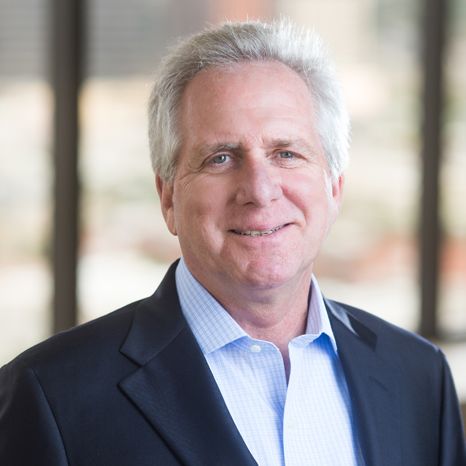

Once a year we would celebrate the “Day of Implacable Opposition to Communism” and danced at Russian balls. We joined various cultural organizations like the Russian Scouts and Sokols (“Hawks”) and went in for sports. Women would bake kulichi (traditional Easter cakes) and make paskhas (traditional cottage cheese Easter desserts) for Pascha. We went to church regularly, observed fasts and Russian customs. My mother held that my primary language should be Russian because I would learn English at school anyway.ĭuring the school year we had Russian school at the cathedral, where we had classes in Russian language, Russian history, Russian geography and catechism lessons. In fact I couldn’t speak English and couldn’t write “John Sokoloff” in English at that time. When I started kindergarten, the teacher couldn’t understand what was written on my exercise-book because it was written in Russian – “Ваня Соколов» (“Vanya Sokoloff”). We remained attached to this cultural identity. Today some are still trying to preserve their national culture, but there are few such emigrants as most young people prefer to intermarry with Americans and fuse into the “melting pot” of American culture.Īs for us, although we lived in the USA, our cultural milieu was Old Russian. For seventy long years they upheld their own culture and did not assimilate into the American way of life as fully as subsequent waves of emigration did. These were people who had lost their families, their country, and their property.

Most of the Transfiguration Church’s parishioners were representatives of the first wave of emigration. My dad was the choir director at the Transfiguration Cathedral in Los Angeles for fifty-seven years, and my mother worked as a hospital nurse.

It was in Casablanca, in Morocco, that they met. My mother, Tamara Ivanovna Shariy, was born in Yugoslavia. My father, Alexei Mikhailovich Sokoloff, was born in Normandy, France. George’s Cross.īoth my paternal and maternal grandfathers left Russia in 1920 and lived in France, Germany, Yugoslavia, Morocco, and lastly, in 1959, they settled in Los Angeles in the USA where a community of Russian refugees had gathered. My maternal great-grandfather, the Imperial Army Colonel Vasily Ivanovich Shariy, fought in the First World War and was awarded the St. My paternal great-grandfather, Ivan Ivanovich Syrnev, was a surgeon, a general who fought in the Battle of Shipka Pass and was awarded the St. “My heart is American, yet my soul is Russian,” John often says. And it is no wonder-as a citizen of multiethnic America he has always loved his country. If we listen to his music attentively, we will find in it some European, some Latin American, some Middle Eastern motifs, a few Spanish motifs, along with a dose of African-American blues and jazz. He wrote his first composition after falling in love with his classmate at the age of eighteen, and since then he has set the world around him and the lives of the first wave Russian emigres (who after many wanderings had found refuge in the West Coast of America, in California) to music. But his name in his passport is Ivan Sokoloff, and his family and friends call him simply “Vanya”. For Americans it sounds familiar, this is his musical pseudonym. In the titles of his CDs he is referred to as John Sokoloff. The Russian Pobeda (“Victory”) Airlines uses three of his pieces of music during its flights-motifs of love for his faraway historical homeland and nostalgia for it. His compositions resound even in the skies of Russia where this American composer of Russian descent has never been.

His music is known in 100 countries all over the world. John Sokoloff He was born and has lived in Los Angeles.


 0 kommentar(er)
0 kommentar(er)
